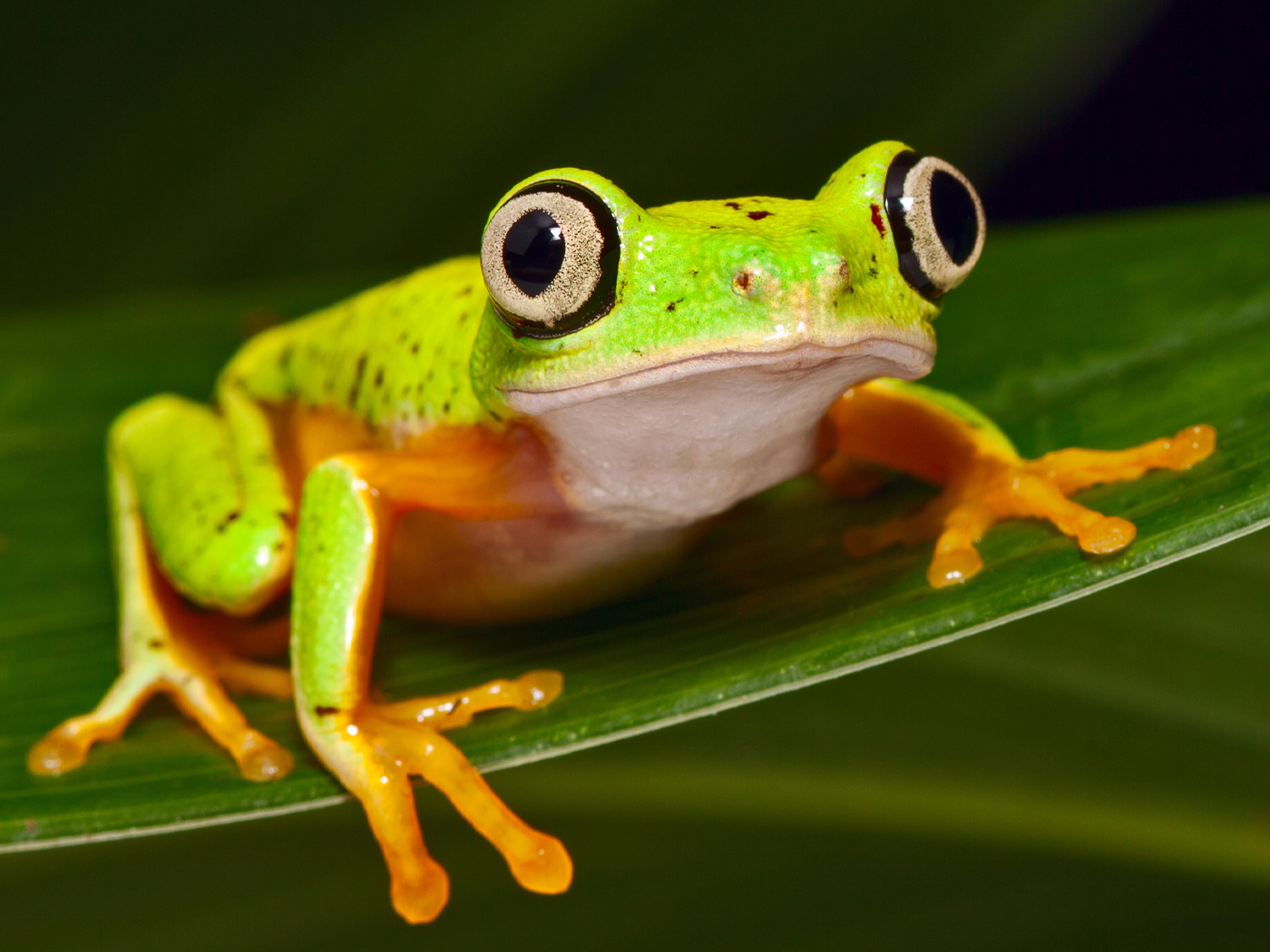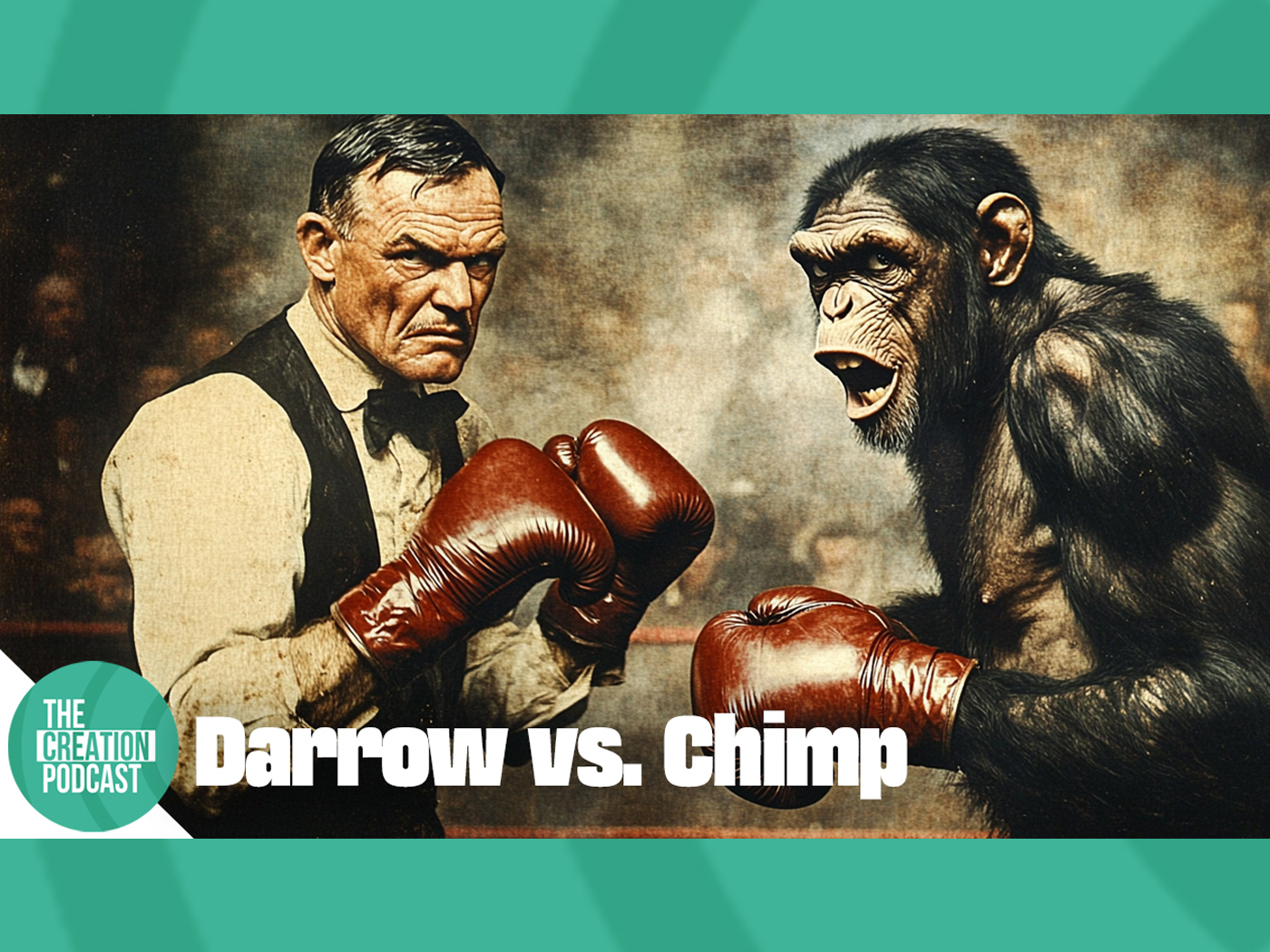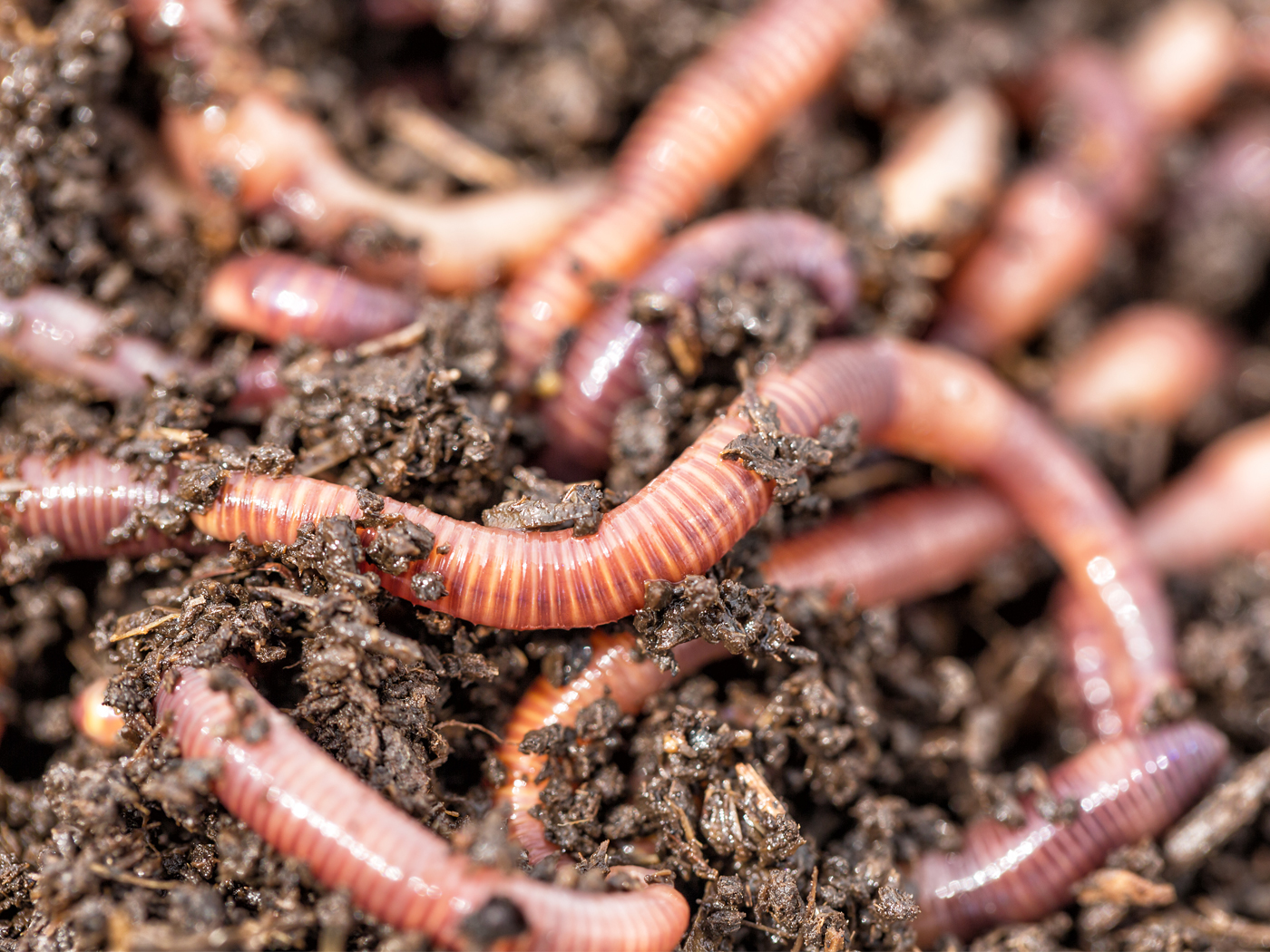For such an intelligent species, humans can sure be stupid.
The economic crisis, the oil spill in the Gulf of Mexico, and the aftermath of a host of other disasters currently plaguing the world can all be traced to a series of senseless decisions. Yale University professor Laurie Santos has proposed that this propensity for human error may have evolutionary links.
She studied the behavior of capuchin monkeys, which many may recall as a pet of the character Ross Geller on the popular television show Friends. In a choice test, she found that the monkeys made the same irrational decisions that humans are prone to make.1 Thus, assuming that capuchin monkeys "diverged from the human lineage 35 million years ago,"2 she surmised that humans may make persistent mistakes because of biological limitations. She presented her ideas at the 2010 TEDGlobal conference recently held in Oxford, England.
But one doesn't have to be a scientist to discover the root causes for repetitive human error. The greatest blunder in history is found three chapters into the book of Genesis. Humanity doesn't improve from there, as the rest of the Old Testament records people perpetually committing epic errors to which some of today's gaffes pale in comparison.
No one is immune, not even those with the best of intentions. The apostle Paul wrote to the Roman believers, "For I know that in me (that is, in my flesh,) dwelleth no good thing....For the good that I would I do not: but the evil which I would not, that I do."3 He didn't blame his propensity to err on his genes or his upbringing. He took responsibility for his own choices, calling himself "chief" of sinners.4
CNN reported Santos as saying, "We can overcome our biological limitations…but first we have to recognize what they are."1 But if her theory is correct that human error is ingrained in biology, then there's nothing that can be done. Evolution will continue as it always has, and humans will make ever dumber decisions. That also contradicts Charles Darwin's theory that organisms improve with evolution.
There's no hope, then, of improvement within the evolutionary system. But if it's true that humans aren't merely the latest result of random biological processes, then they can "overcome," take responsibility as Paul did, and accept the only invitation that offers any possibility of progress: "Come now, and let us reason together, saith the LORD: though your sins be as scarlet, they shall be as white as snow; though they be red like crimson, they shall be as wool."5
References
- Galant, R. How can a smart species be so dumb? CNN. Posted on cnn.com July 16, 2010, accessed July 16, 2010.
- Addessi, E. et al. 2008. Preference Transitivity and Symbolic Representation in Capuchin Monkeys (Cebus apella). PLoS ONE. 3 (6): e2414.
- Romans 7:18-19.
- 1 Timothy 1:15.
- Isaiah 1:18.
* Ms. Dao is Assistant Editor at the Institute for Creation Research.
Article posted on July 20, 2010.













